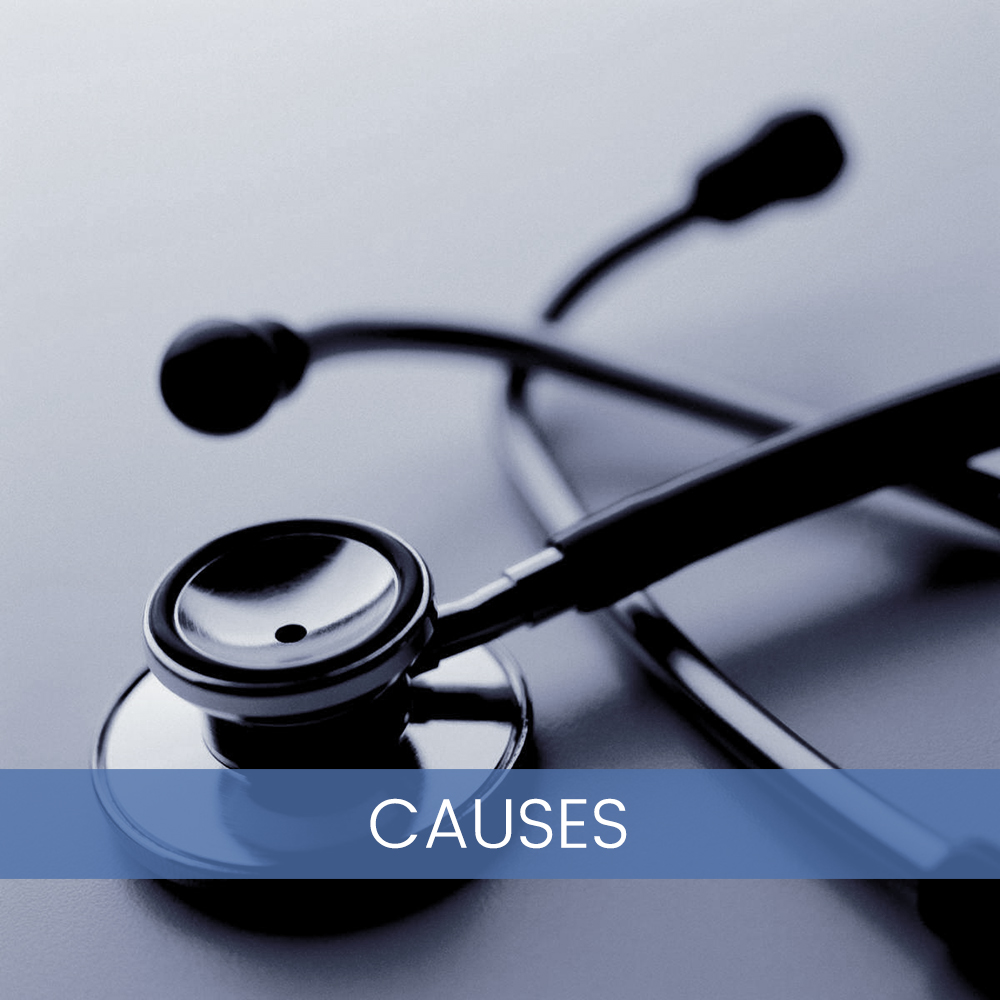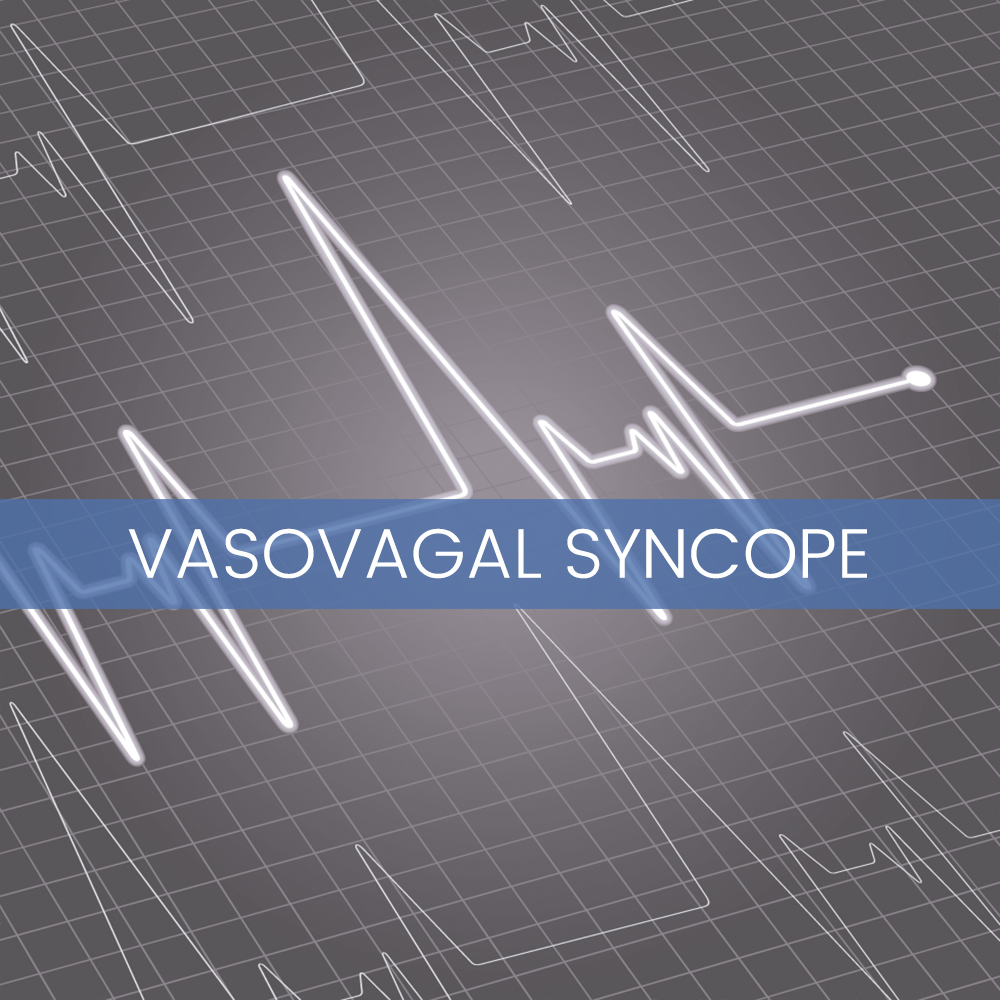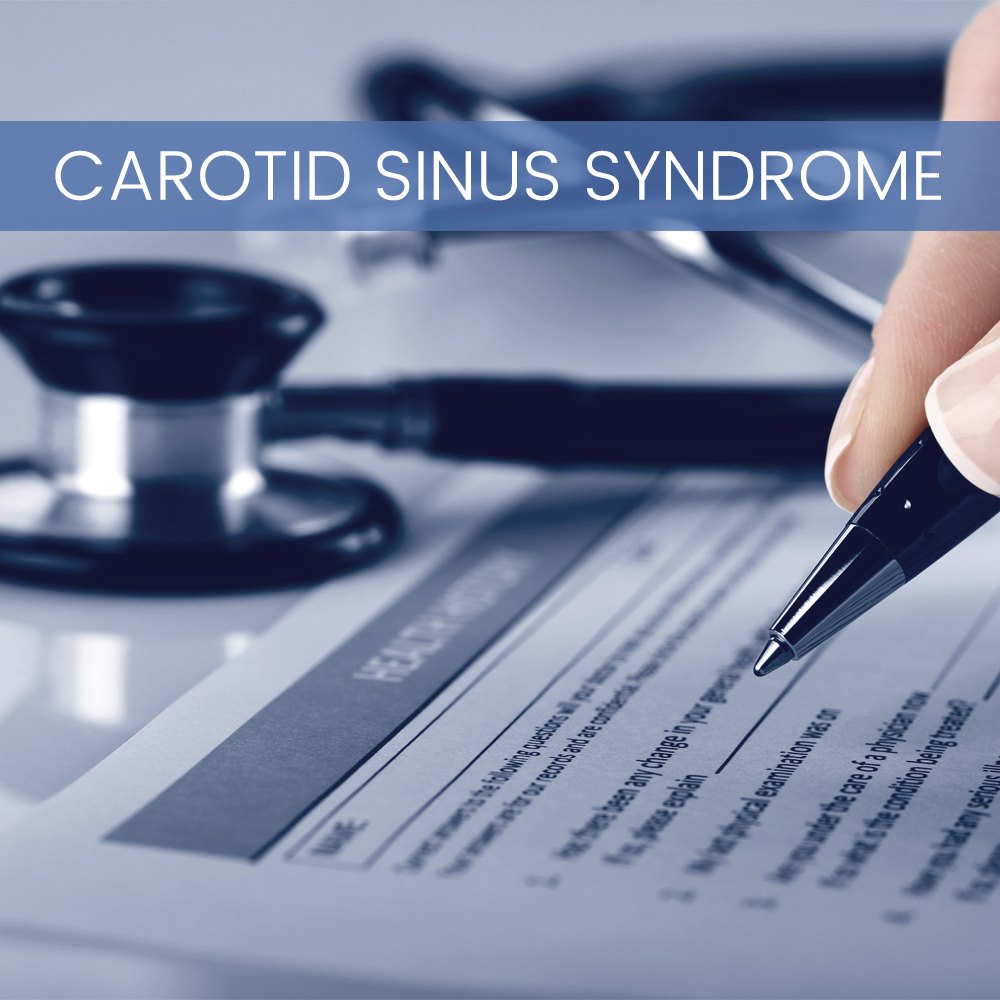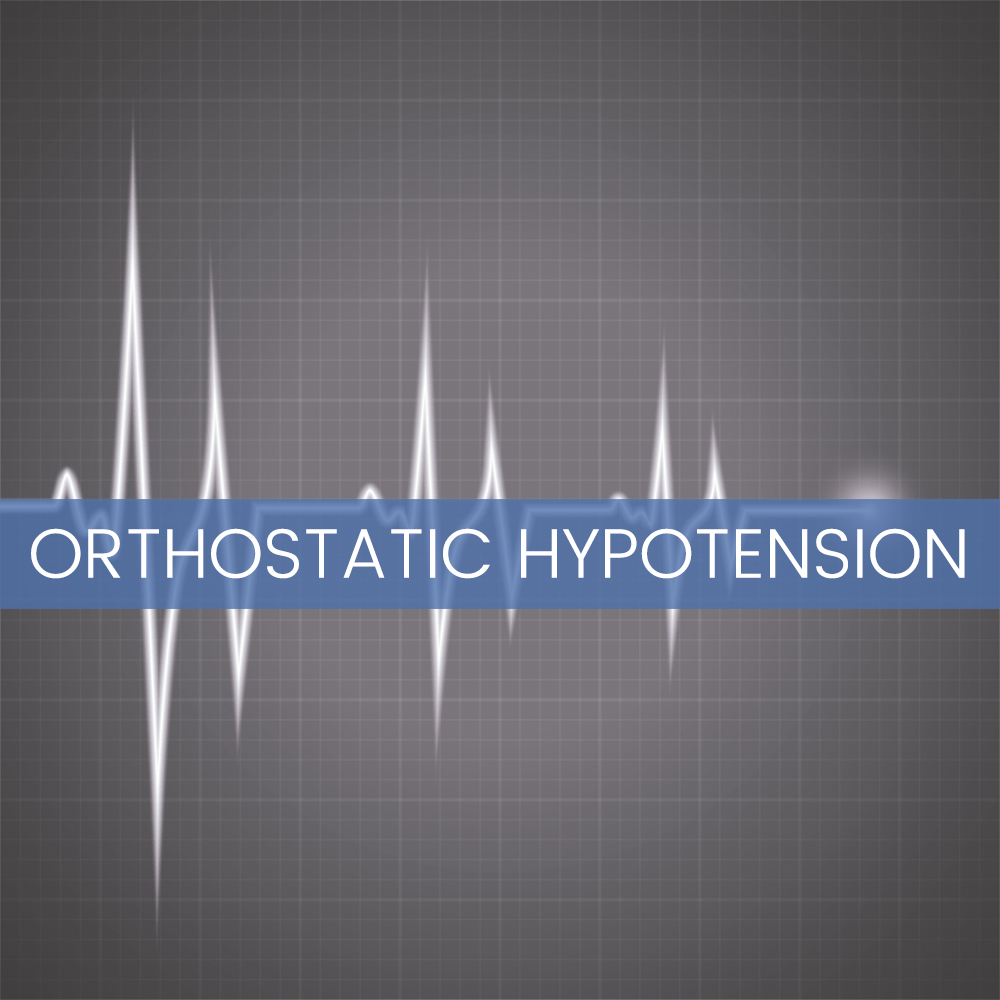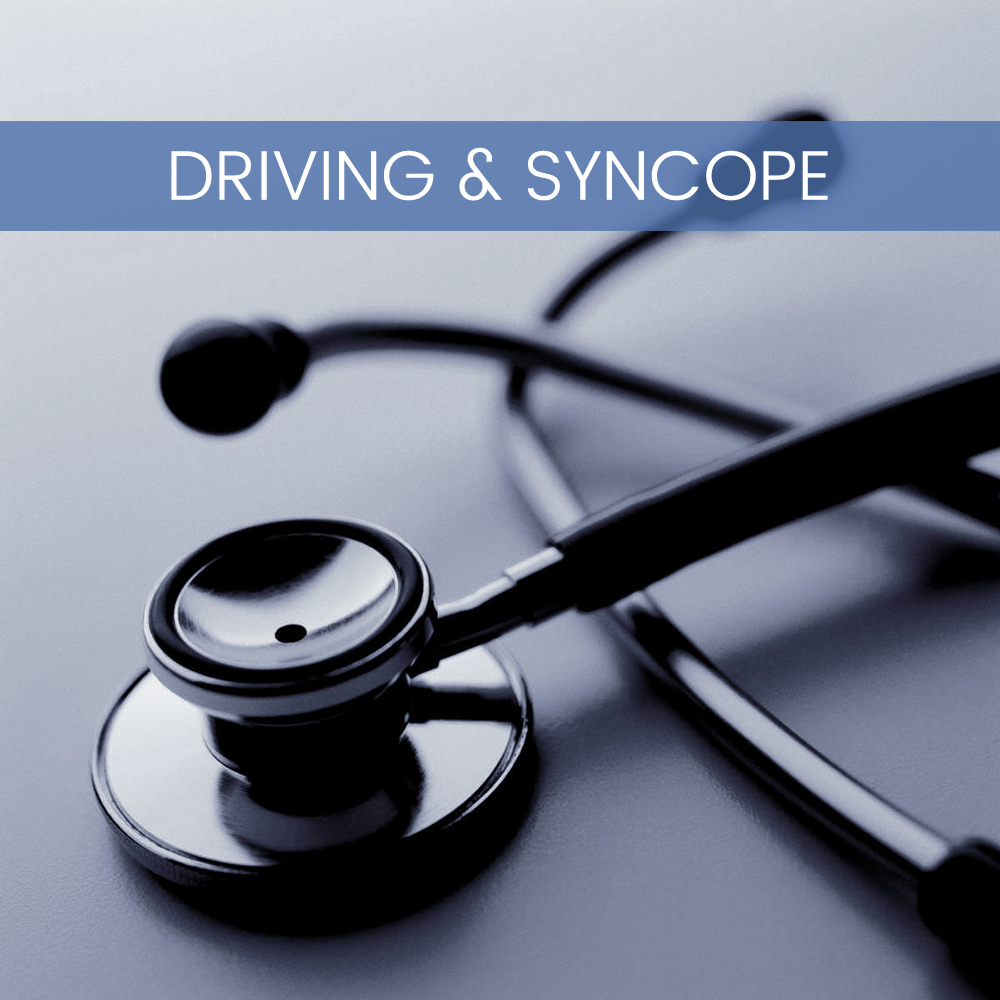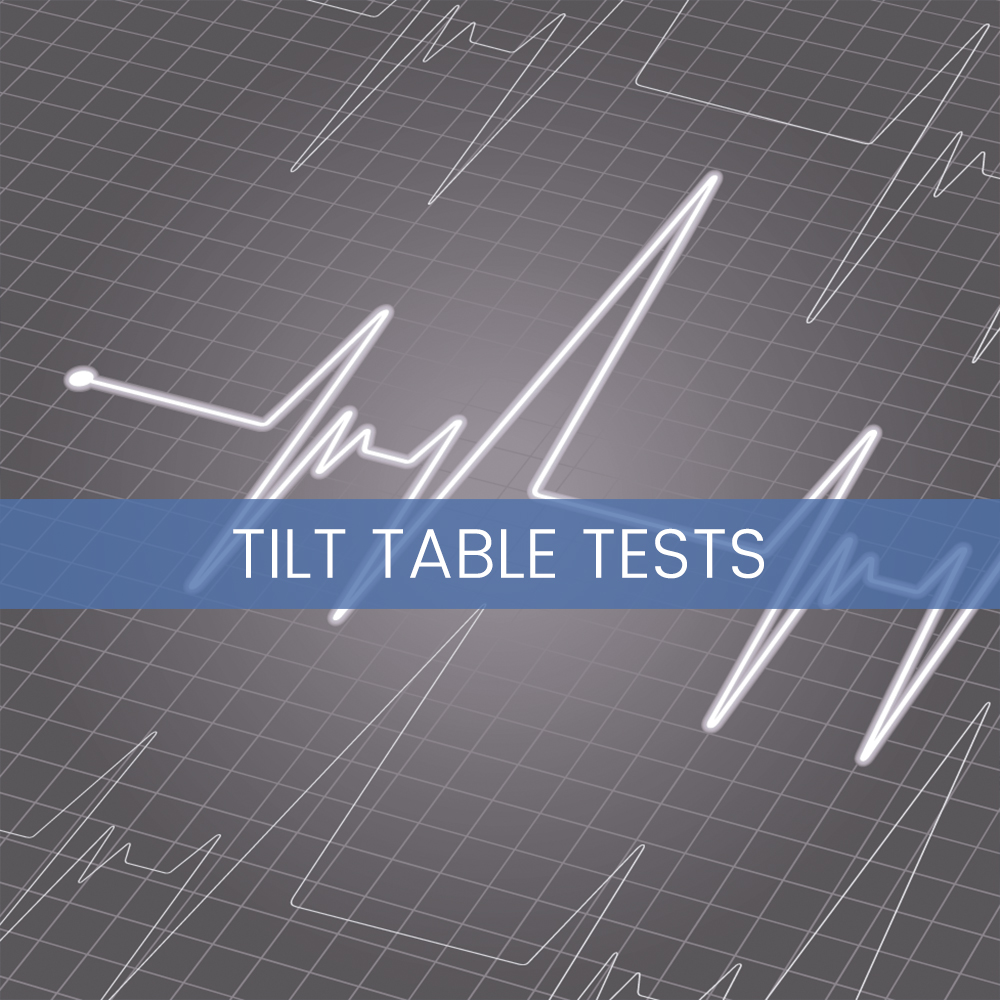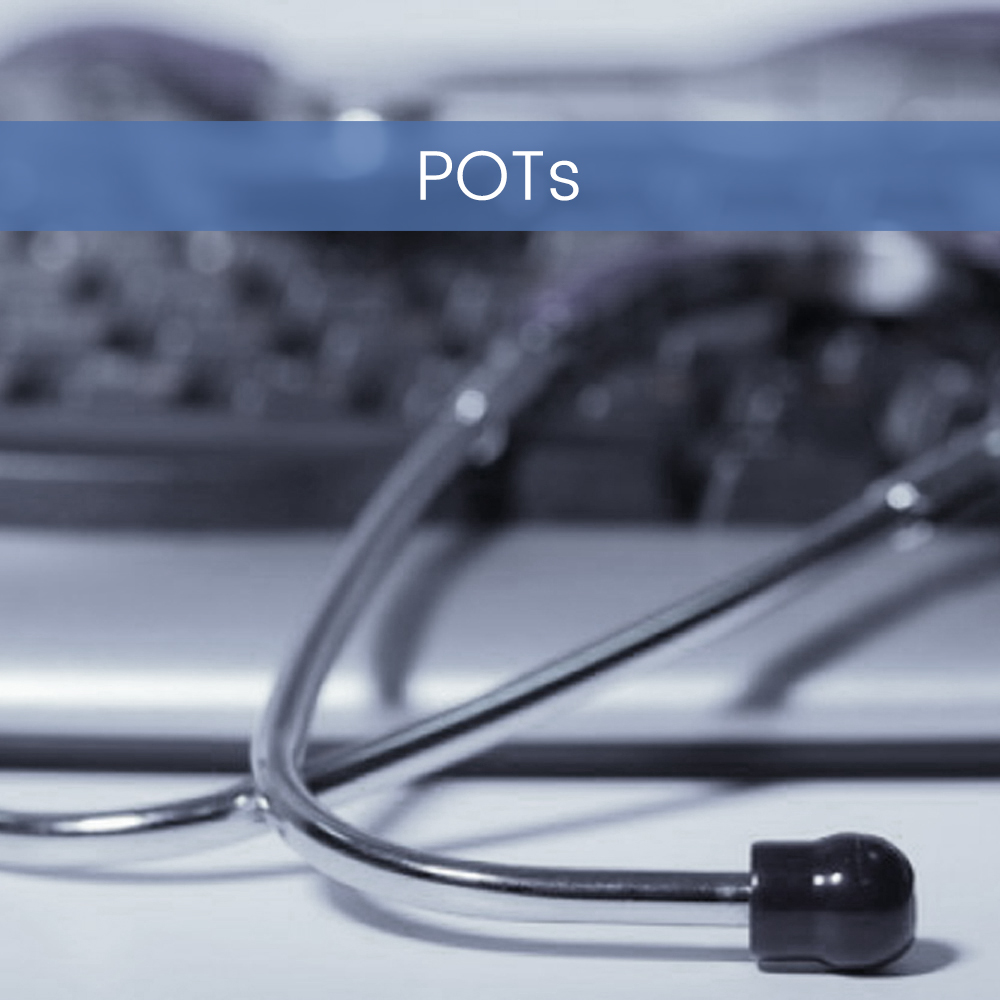Syncope is a temporary loss of consciousness usually related to insufficient blood flow to the brain. It’s also called fainting or “passing out.” It occurs when the blood pressure goes too low and the heart doesn’t pump enough oxygen to the brain. It can be benign, or a symptom of an underlying medical condition.
Sometimes specific scenarios trigger syncope, for example:
• coughing bouts
• swallowing cold liquids
• straining at stool
• micturition.
Syncope may also occur immediately after peak exercise. This contrasts with collapses occurring during exercise, for example if the person has aortic stenosis.
Treatment of situational syncope is avoidance of, or amelioration of the trigger.
Sometimes syncope may be feinted. This is known as Psychogenic syncope.
Psychogenic syncope is more likely to occur in younger people. The “syncopal” attacks tend to be numerous – often occurring several times per day. This contrasts with the incidence of Autonomic Mediated (Neurocardiogenic) Syncope which may occur only 3 or 4 times per year!
Reported symptoms are usually rather vague and the classic features of vasovagal syncope, such as pallor, sweatiness, are absent. Frequently there is underlying anxiety related, for example, to performance at school.
“Syncope” may be induced on a tilt table, but unlike true syncope there is no change in heart rate or blood pressure. Also, no EEG (brain wave) changes are seen during attacks.
For any more information on syncope, its causes, diagnosis or treatment, please do not hesitate to get in touch via our appointments page.


